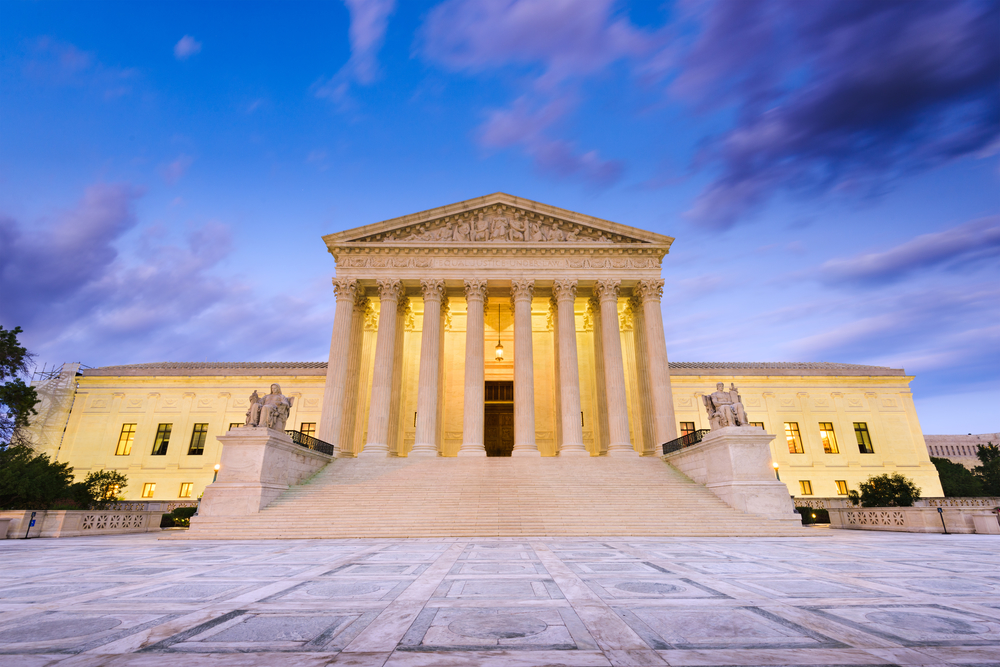By Anne Cullen/Law 360
Law360 (December 15, 2023, 6:32 PM EST) — A $36 million jury verdict that the U.S. Equal Employment Opportunity Commission secured in September on behalf of a deaf truck driver marked one of many eight-digit damages awards that workers won in discrimination battles this past year.
Trials held all over the country yielded eye-popping wins for workers. Jurors in Nebraska handed down the EEOC’s trial victory in the trucking case, while a jury in Texas slapped Omni Hotels & Resorts with a $25 million damages bill in an equal pay suit in March.
Later that month, a Massachusetts jury awarded a Thermo Fisher Scientific subsidiary executive a $24 million win in her case alleging she was ousted because she suffered from anxiety.
Sarah N. Turner, a partner at Gordon Rees Scully Mansukhani LLP who advises employers, said the big jury awards are increasingly originating beyond states where they are typically expected.
“The large jury verdicts are no longer isolated to large politically liberal-leaning cities, i.e. New York, Los Angeles,” Turner said. “Large jury verdicts in excess of a million dollars are becoming more common in smaller cities, i.e. Portland, Oregon, and more conservative jurisdictions, i.e. Houston.”
While some of these awards will be cut down — due to statutory caps or employer appeals — McDermott Will & Emery LLP employment partner Jeremy White said these results emphasize the legwork that businesses facing a workplace bias claim must do before jurors are impaneled.
“These jury verdicts exemplify the uncertainty of going to trial,” said White, who is a management-side attorney. “They also show that employers need to win these cases in the trenches, during depositions, which will require additional investment at the discovery phase of litigation.”
Here’s a look at five major trial victories for workers in the past 12 months.
Jury Slaps Luxury Hotel Chain With $25.1M Damages
In March, after three days of trial, a Texas jury found that Dallas-based luxury hotel company Omni Hotels & Resorts violated both Title VII of the Civil Rights Act and the Equal Pay Act when it underpaid a food and beverage director because she’s a woman.
Sarah Lindsley, who worked for Omni for about 16 years, had risen from a part-time server to food and beverage director at the chain’s Corpus Christi location, according to case filings. However, she said that despite her hard work, she was consistently paid less than her male peers.
Lindsley also alleged the company ignored the multiple complaints she said she made about the inequity. A jury found Omni had violated federal laws by undercutting Lindsley’s pay, and awarded her $100,000 in emotional damages and $25 million in punitive damages.
A federal judge later knocked the total award down to $300,000 because of statutory damages caps, but experts said the reward is still notable because of how high the punitive damages were compared to the rest of the award.
Deborah S. Brenneman, a management-side employment partner at Thompson Hine LLP, said this demonstrates that the jury was angry at the company. And she said this could have originated from Lindsley’s allegation that Omni didn’t take any corrective action after she complained.
“The plaintiff was able to, at least from what we’ve been able to see, paint a picture that the employer didn’t take their concerns seriously, and juries punish the companies for that,” Brenneman said.
Speaking broadly about this and other verdicts from this year, she said a key takeaway is that management has to take action when it hears concerns, and make a record of the steps that followed.
“The plaintiffs were able to tell stories that the companies just weren’t listening, and it’s a big warning to employers,” Brenneman said. “It’s a big reminder that when somebody complains about an issue, companies need to show they’re taking the concerns seriously, and document why they did or did not make any change.”
The case is Lindsley v. TRT Holdings Inc. et al, case number 3:17-cv-02942, in the U.S. District Court for the Northern District of Texas.
Explore the remaining four noteworthy employment law verdicts of 2023 as covered by Law360 here.











